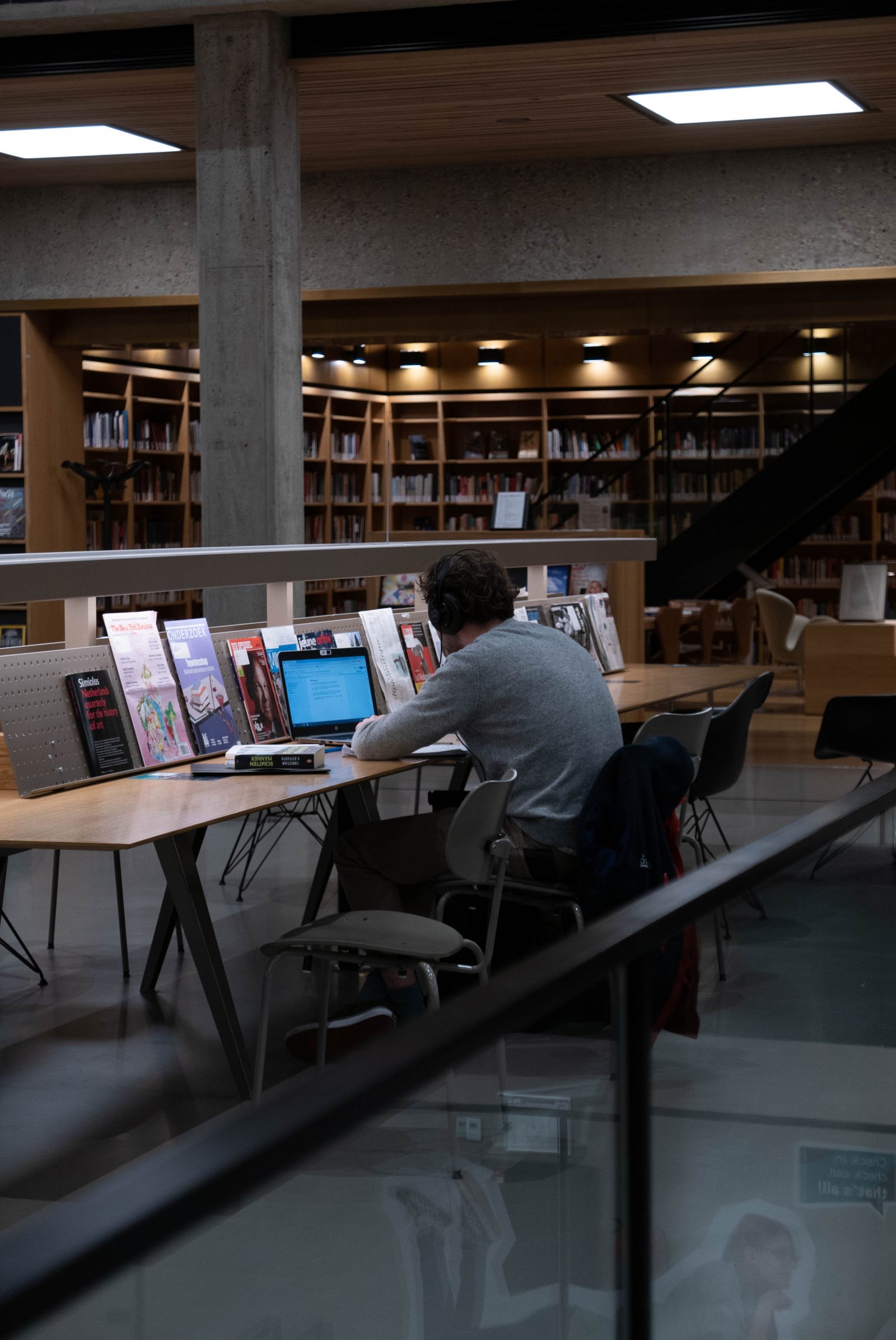This blog is going to be published during one of the most difficult moments of the year in academia. Through June and July, both students and academic staff are strongly trapped in the whirlwind of the end of the academic year – something that looks, every single time, like a small end of the world. It feels like there is no tomorrow: deadline after deadline approaches, vicious, leaving less and less space for us to breathe and live and be. Taking advantage of this space that is offered by your colleagues at IBCoMagazine, I come with a plea and a hope: I wish that we could all take advantage of the revolutionary power of rest.
And don’t be fooled by my intention: I’m writing this on a Friday evening, with a zillion deadlines coming after me from all my digital calendars. That might tell you how much I haven’t really learned how to rest or let go. And still, in the last few months, I have found a transformative force when I pause for a second: when I refuse to believe that the cascade of events that is or seems to be happening around me has to take me along.
In the current after-pandemic illusion that we live in, it seems to be more difficult to let things happen without us. I have discussed this with so many of my close friends and colleagues: the need that we seem to have to do it all and do it fast. Now that we still can. Suddenly, we have our schedule cramped not only with meetings and classes on campus, but with lunches, coffees, and drinks. Weekends and holidays don’t seem to have enough days to contain all our planned picnics, camping trips, or visits to friends or family. Yes, we wanted to be out. But are we happier doing everything, with no pause?
For some people, Covid was actually beneficial – at least at the beginning – because it forced them to stop running around and stay at home. However, even if we stopped, we did so because we had no option. It was not a conscious act of reflecting on the rest that our bodies or our minds so badly needed – it was an executive order outside of us. Hence, the rest felt more like yet another obligation.
Today, instead of finishing this in the morning, I went for a walk and a yoga class. And my deadlines? There, where they were supposed to be. But recognizing that I needed a break made me a little bit sharper in my afternoon meetings, a little bit less neurotic when dealing with my family, and a great deal more careful with interacting with the rest of the people around me.
In university, we are focused on learning/teaching lifelong skills that will help develop your career and your life. When I look at CVs of young students or scroll through success-based social media, what I see is a lot of FOMO: CVs and lives so filled with activities that sometimes make me wonder when and if people sleep. Society and the capital will maybe praise you for this, at least on paper. You might live under the illusion that says that we need to go faster, further, and stronger – to get to a place that no one can define. Now – what would happen if you stayed put for a moment? What if instead of joining 300 activities or binging 20 TV episodes, you just get bored? How revolutionary would it be to lose yourself in your thoughts and dreams?
There is infinite value in boredom and resting. Creativity and joy come in a very unique quality when we stay still. Because there is something that breaks the schemes when you decide to give time to observe and relish reality, instead of going ahead and running for the following finish line, imposed by yourselves or by others.
Can you figure out what I find out every single year after the haze of June and July? That the world didn’t end. That it doesn’t really matter how hard I ran, graded, read, or wrote, more deadlines are waiting for me in August (oh, the pleasure of creating Canvas pages in the middle of the summer!). And for once, I’m considering the value of stopping. From that experience, my three cents here: give yourself space to listen to your body and your spirit when they ask you to stop. I’m convinced that we can find magic, power, and renewal in more moments of rest. Better even if we don’t need to wait until our sick bodies ask for rest. Learning to listen to ourselves might be the most important skill that we have to learn to create a more equitable world not only for us but also for others. I close this reflection with this empowering quote by Audre Lorde: “Caring for myself is not self-indulgence, it is self-preservation, and that is an act of political warfare.”
Author: Ana Uribe Sandoval
Editor: Phoebe Elliot
Visuals by: Thanh Nguyen

